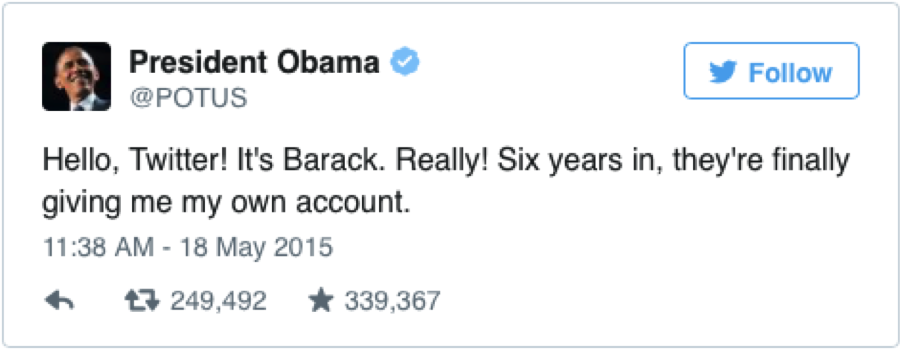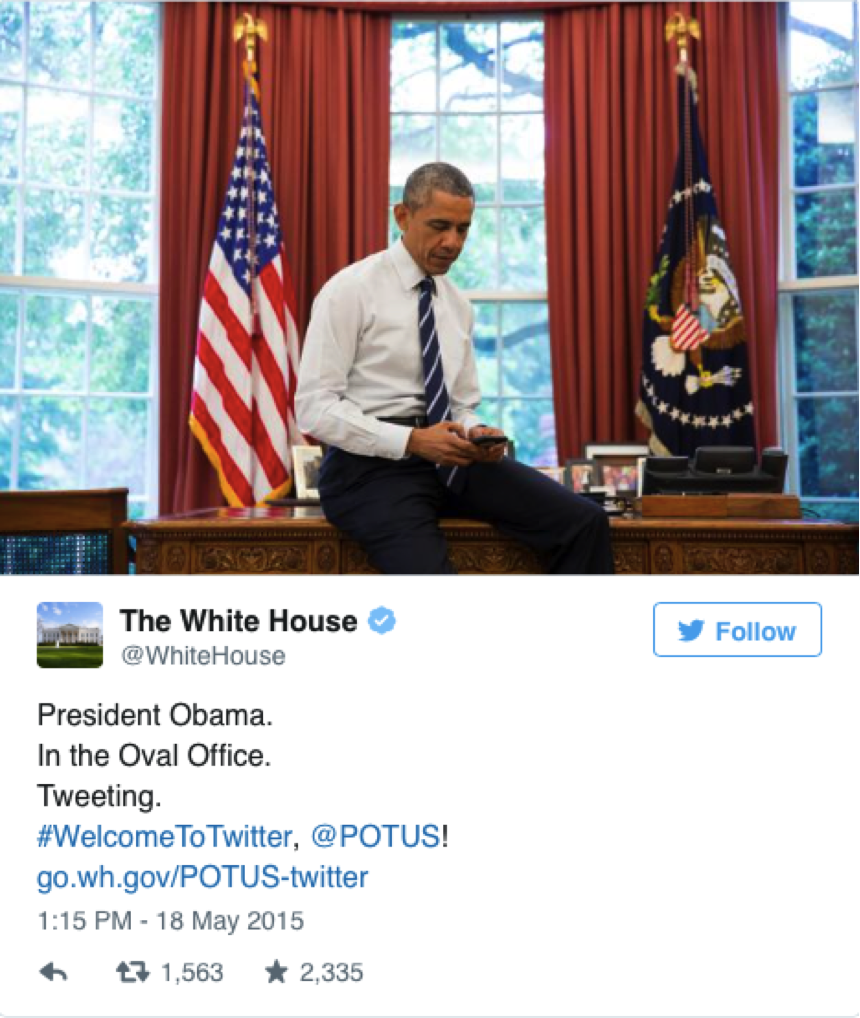The smartphone market grew a few sizes in Fall 2014 when the Samsung Galaxy Note 4 and Apple iPhone 6 and 6 Plus displays surpassed 4.7-inches – essentially the size of the hands that used them. However, while smartphones are growing, tablets are shrinking: the iPad Mini sports a petite 7.9-inch display, while the Microsoft Surface 3 is only 10.8” diagonal. With these devices converging in size and portability, there’s an increasing trend of PR and marketing agencies rethinking their mobile budgeting, as well as the tablet’s overall purpose in the market.
Once upon a time, a tablet was intended to be a portable device or go-to for frequent travelers. Now, as the below infographic reads, studies show that the tablet is used most often at home [Source]. This increasingly narrow use of tablets—in certain locations, with a few certain uses, like playing videos or games—has moved the tablet from the “mobile” category, to the “desktop.” At the same time, consumers are doing even more on their phones, from watching videos, to shopping, playing games, and now paying for goods and services. The larger, smarter phones on the market have been accordingly dubbed “phablets.”
So herein blur the lines. Agencies now must determine how to categorize the floundering tablet, and where to allocate budgets between smartphone and tablet.
Meanwhile, dare we consider the effects of the Apple Watch and other wearable technology on re-defining “mobile”…? Stay tuned.



















